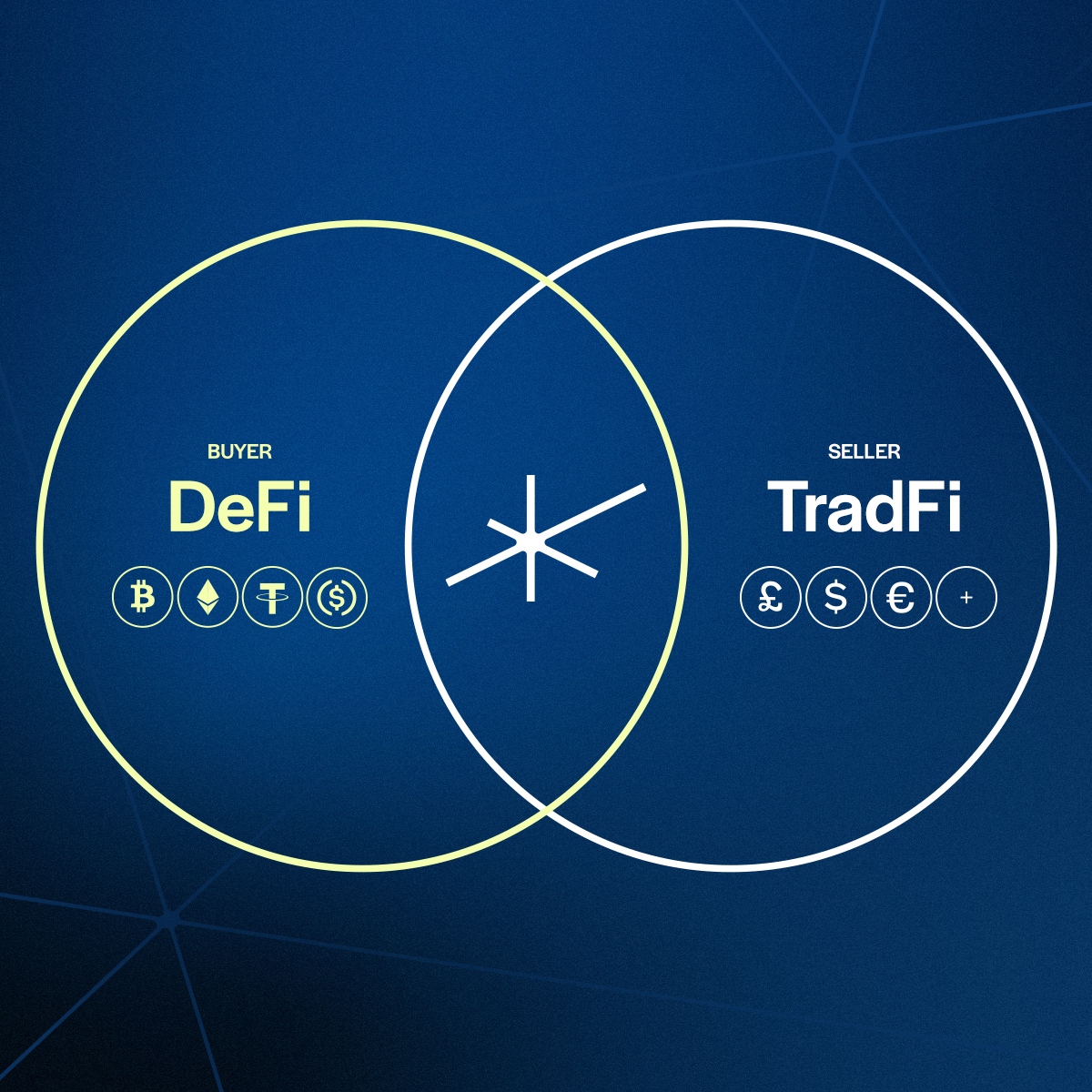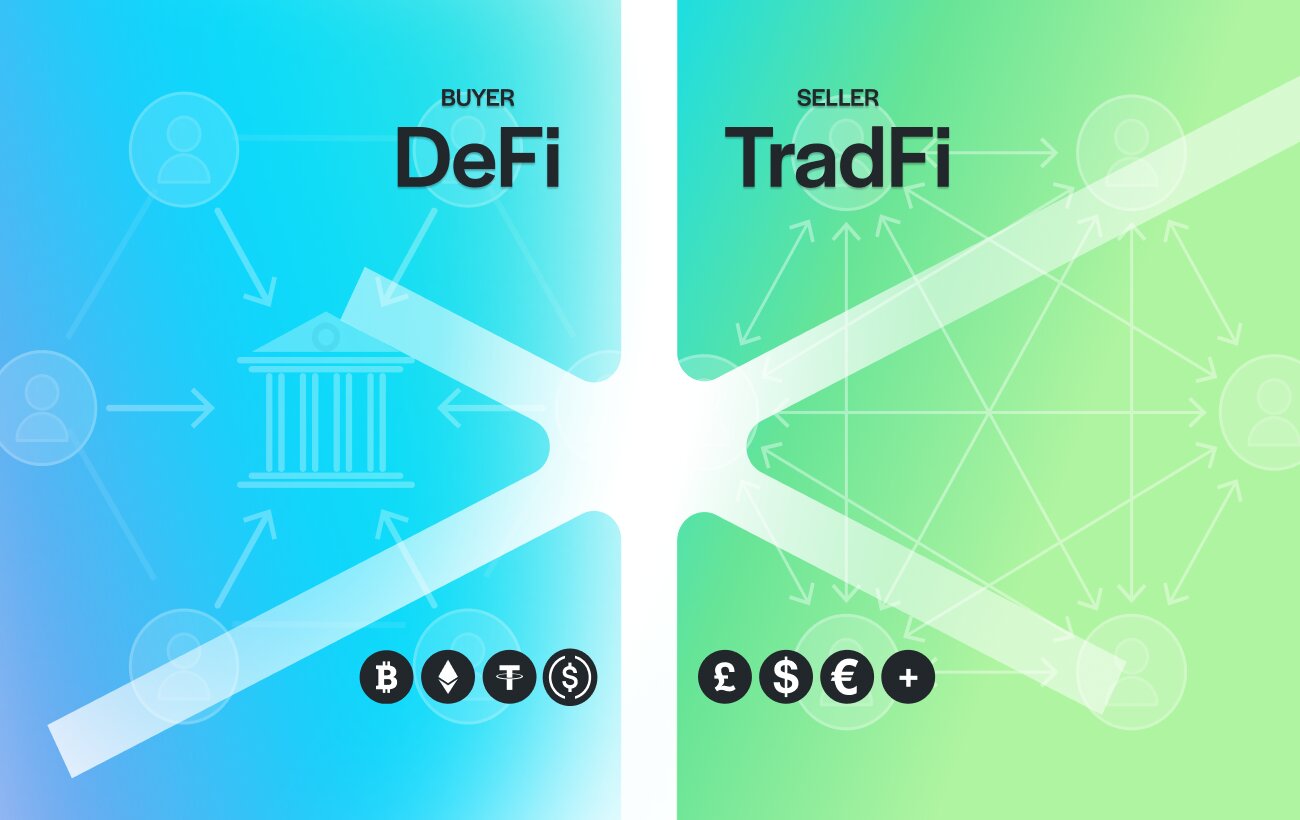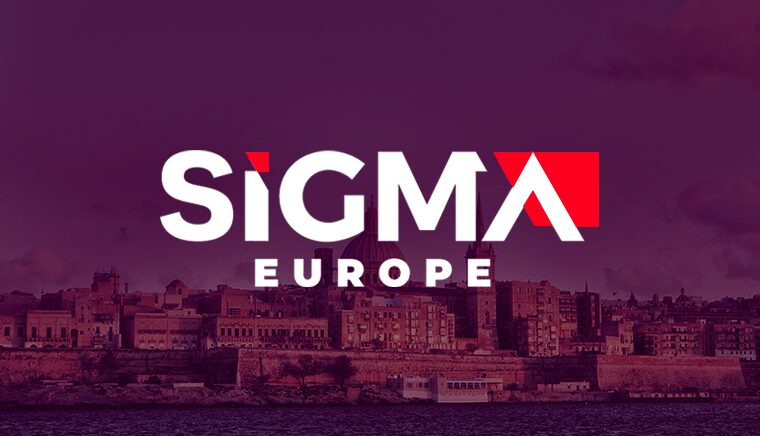Switzerland has long been at the forefront of crypto regulations. Its transparent legal framework has helped it become a global leader in the Web3 arena.
As the integration of crypto assets into traditional financial (TradFi) systems accelerates, the nation’s straightforward and supportive approach makes it an attractive destination for businesses and investors in the crypto market.
Leveraging Swiss regulations, we at Trustlinq bridge the gap between crypto assets and traditional finance, enabling secure and seamless crypto-to-fiat transactions without the need for exchanges.
A Forward-Thinking Regulatory Framework for Crypto Assets
Central to Switzerland’s regulatory framework is its steadfast commitment to embracing distributed ledger technology (DLT) .
DLT plays a crucial role in shaping legal frameworks and regulations for crypto assets, especially in sectors like asset tokenization and the creation of new financial instruments.
Its financial market infrastructure law ensures that these assets are securely traded and managed, providing businesses and investors with a strong legal foundation.
The Swiss Financial Market Supervisory Authority (FINMA) is the body responsible for ensuring that all activities related to payment tokens, asset tokens, and other crypto assets are fully compliant with Swiss law.
FINMA provides clarity and legal certainty for firms and individuals engaging in crypto-to-fiat transactions, helping them navigate the complexities of crypto regulation.
Key Regulations for Financial Entities
Another core element of Switzerland’s regulatory framework is the Financial Institutions Act (FinIA), which establishes the requirements for firms involved in the financial intermediary space.
Companies handling tokenized assets or payment tokens must secure the appropriate licenses, with specific requirements for securities firms that engage in market-making, securities trading, and brokering activities.
Additionally, Switzerland’s legal system includes risk management for important anti-money laundering provisions under the Anti-Money Laundering Act (AMLA). It mandates that financial institutions involved in crypto assets maintain strict protocols to combat money laundering and terrorist financing.
The Role of the Swiss Financial Market Infrastructure Act
The Financial Market Infrastructure Act (FMIA) is another key regulation that governs the operation of multilateral trading platforms and crypto trading facilities. It ensures that payment transactions involving crypto-based assets and utility tokens comply with established legal standards.
By requiring licensing for secondary markets where digital assets are traded, the FMIA contributes to maintaining the integrity and stability of Switzerland’s financial market infrastructure.
Moreover, the Swiss banking regulation framework governs firms that wish to obtain a banking license to handle virtual currencies or issue stablecoins.
Companies looking to engage in crypto-to-fiat transactions need to comply with Swiss banking law, which ensures the safety and compliance of payment tokens and asset tokens transactions.
Legal Certainty for Asset Managers and Investors
The introduction of the Crypto Market Index Fund in Switzerland is another testament to the country’s commitment to supporting innovative crypto-based assets. It allows investors to diversify their portfolios by investing in a variety of digital assets while remaining compliant with Swiss financial laws.
Switzerland’s approach to collective investment schemes further supports the crypto ecosystem.
Tokens representing pooled investments are subject to the Swiss Collective Investment Schemes Act (CISA), which ensures that these investments are properly managed and regulated. This level of oversight provides additional confidence to crypto investors.
Seamless Crypto-to-Fiat Transactions
Being Swiss government regulated, we at Trustlinq enable businesses and individuals to use crypto for everyday transactions with legal certainty, ensuring secure and seamless crypto-to-fiat transactions without the need to convert on an exchange first.
With approximately 420 million crypto users globally by 2024, yet only 15,000 businesses accepting crypto payments, our mission is to make paying with crypto asset management and payments as easy as fiat.
We aim to close the gap by enabling users to pay directly from their crypto wallet, even to merchants who don’t traditionally accept crypto—whether it’s for luxury purchases or everyday bills.
Our platform abides by the securities law, regulatory compliance, and easy accessibility. We continuously innovate to make crypto more practical and usable for both individuals and businesses.
Join us to start paying with crypto today, even if merchants aren’t ready yet—why wait for the world to catch up when you can start easily spending crypto assets already?




